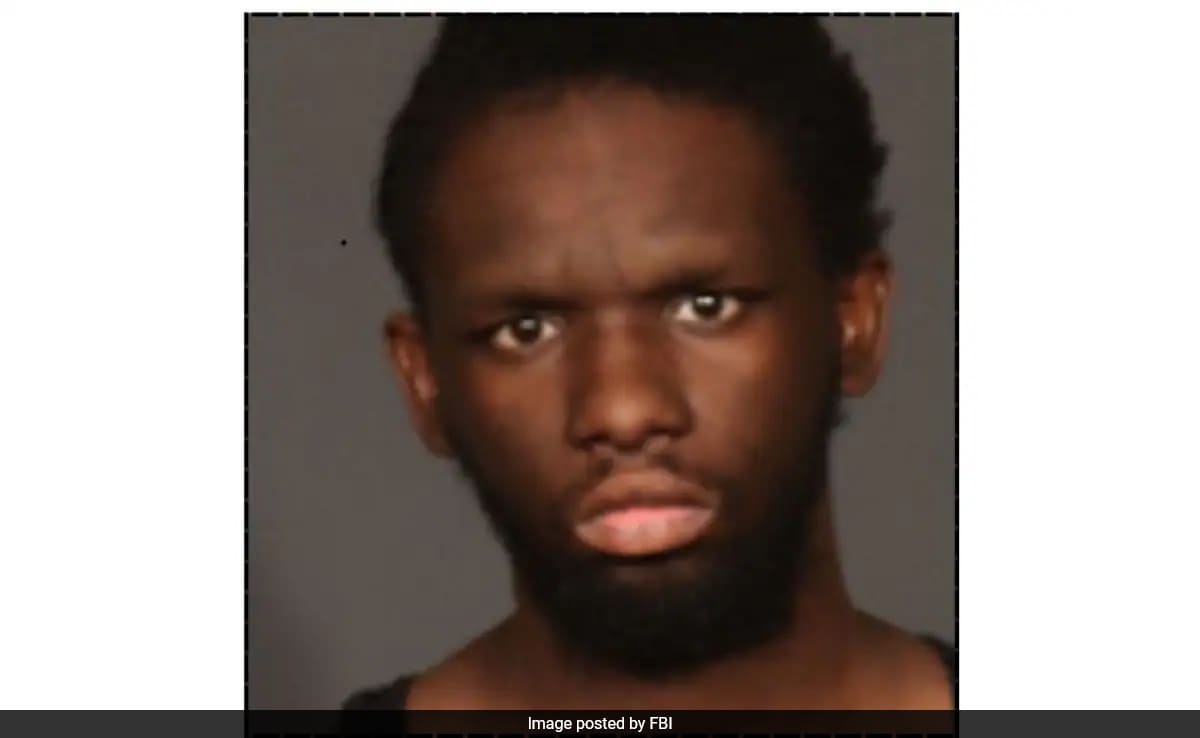Live
Published 05/13/2024Published May 13, 2024last updated 05/13/2024last updated May 13, 2024The fourth phase of India's seven-phase elections are underway, with people headed to vote in 96 constituencies across 10 states and Union Territories. Rising temperatures could affect an already low voter turnout.
https://p.dw.com/p/4flpI
 Indian Prime Minister Modi urged people to vote in large numbers on MondayImage: Manish Swarup/AP/picture alliance
Indian Prime Minister Modi urged people to vote in large numbers on MondayImage: Manish Swarup/AP/picture alliance What you need to know
- Voting takes place in seven phases between April 19 and June 1
- Some 968 million people are eligible to vote in the world's biggest election
Here are the updates from the fourth phase of national elections in India on May 13:
05/13/2024May 13, 2024
Fourth phase of election kicks off
India's general elections entered the fourth phase on Monday, as part of a seven-phase poll that began on April 19.
Prime Minister Narendra Modi of the Bharatiya Janata Party, or theBJP, is seeking a third term against an alliance of 26 parties including the main opposition Indian National Congress (INC).
In this phase, people are voting for 96 seats in 10 states and Union Territories. Votes will be held for parliamentary seats across Andhra Pradesh, Telangana, Jharkhand, Odisha, Uttar Pradesh, Madhya Pradesh, Maharashtra, Bihar, West Bengal and Jammu & Kashmir.
Several of the constituencies are in eastern and southern India, where the BJP's strength is lower as compared to other parts of the country. In Jammu and Kashmir, voters are expected to express their displeasure over Modi's cancelation of their semi-autonomous rule.
"I appeal to all to vote for a decisive government," Amit Shah, Modi's top aide and India's Minister of Home Affairs said as voting began.
Concerns have been raised about a low voter turnout which has been observed in the previous phases of the election. Rising temperatures and heatwaves could also impact the number of people coming out to cast their vote.
The Congress, under the leadership of Rahul Gandhi, has campaigned for better representation, economic equality and welfare programs.
Arvind Kejriwal, Chief Minister of Delhi and leader of the Aam Aadmi party received temporary bail last week, giving a boost to the opposition campaign. He is a vocal opponent of Modi and was arrested in a liquor policy graft case.
Some believe the arrest was politically motivated to curb the opposition.
How Narendra Modi transformed India's image and politics
rm/tg (Reuters, AP)
https://p.dw.com/p/4flpJ

 9 months ago
36
9 months ago
36









